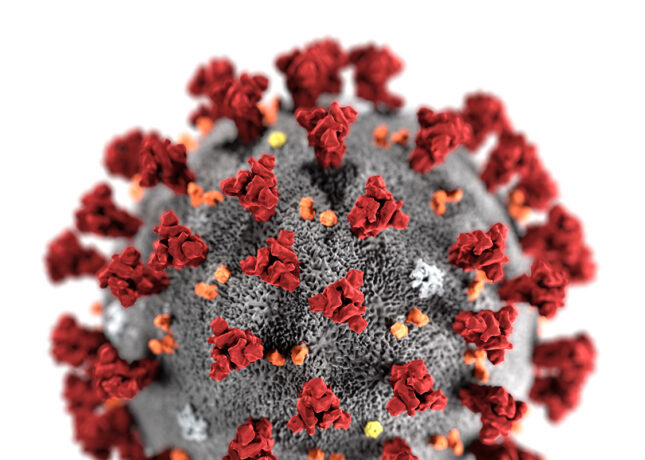A top virologist has warned against treating the coronavirus disease (Covid-19) as harmless “just because it will become endemic”, as is predicted by health experts around the world. The virologist, Aris Katzourakis, said in an article published in Nature that endemic has become one of the most misused of the pandemic.
“It doesn’t mean that Covid-19 will come to a natural end,” said Katzourakis, a professor at University of Oxford who studies viral evolution and genomics.
He then explained what endemic means in epidemiological terms. Katzourakis said that a disease reaches an endemic stage when the number of people it is infecting balances out the basic reproduction number – those individuals who an infected person would pass on the infection too.
“Common colds are endemic. So are Lassa fever, malaria and polio. So was smallpox, until vaccines stamped it out,” he said.
But a disease can be both endemic and still widespread and deadly, noted Katzourakis, highlighting that malaria killed 600,000 people in 2020, and tuberculosis took the lives of 1.5 million in the same year.
“Endemic certainly does not mean that evolution has somehow tamed a pathogen so that life simply returns to ‘normal’,” said Katzourakis.
The latest surge in Covid-19 infection is led by the new and heavily mutated Omicron variant of the coronavirus, which was first found in South Africa in November last year. The worst affected regions are the United States and Europe, where fresh peaks of infection have been appearing nearly every day. However, the research on Omicron has noted that hospitalisations are low, which denotes reduced severity.
Since it first struck the world, the healthcare experts have been studying the evolution of the Sars-CoV-2 virus and have predicted that the disease is here to stay, and the world will have to learn to live with it. Katzourakis has lashed out at this.
“As an evolutionary virologist, it frustrates me when policymakers invoke the word endemic as an excuse to do little or nothing. There’s more to global health policy than learning to live with endemic rotavirus, hepatitis C or measles,” he added.
Katzourakis warned that a virus like the Sars-CoV-2 has the capacity to mutate and it can bring strains which are more dangerous than Omicron. He also rubbished the “rosy misconception” that virus evolve and become benign over time, noting that there is no predestined evolutionary outcome for the same.
The virologist then went on to list steps, which he said are “immediately needed”. The first such step is setting aside lazy optimism. Then, he said that authorities must be realistic about the likely levels of death, disability and sickness taking into account the new and emerging variants. And the third step listed by Katzourakis talks about using vaccines, diagnostic tests and following Covid protocols like wearing masks, social distancing etc.
“The more a virus replicates, the greater the chance that problematic variants will arise, most probably where spread is highest,” he said.





